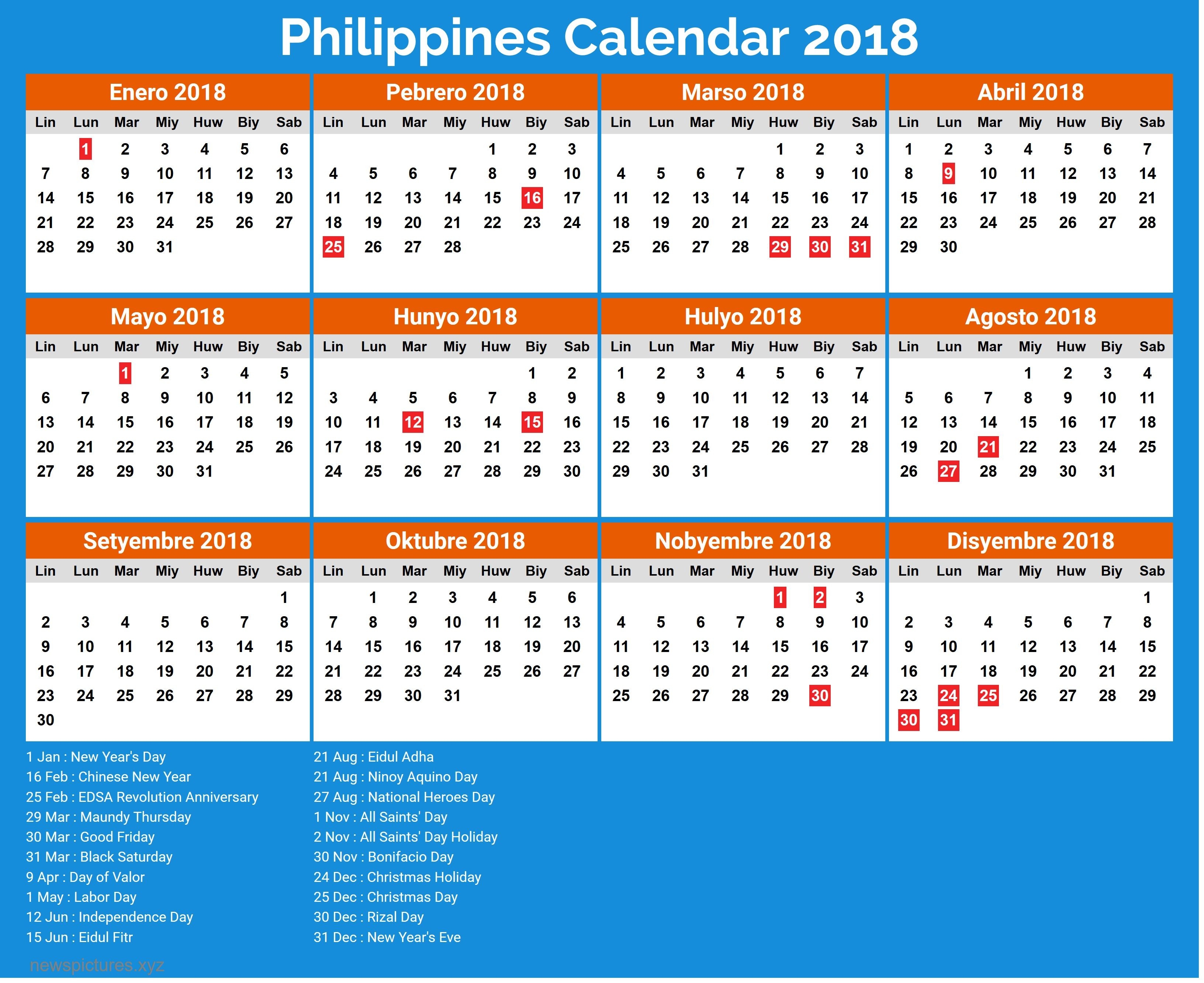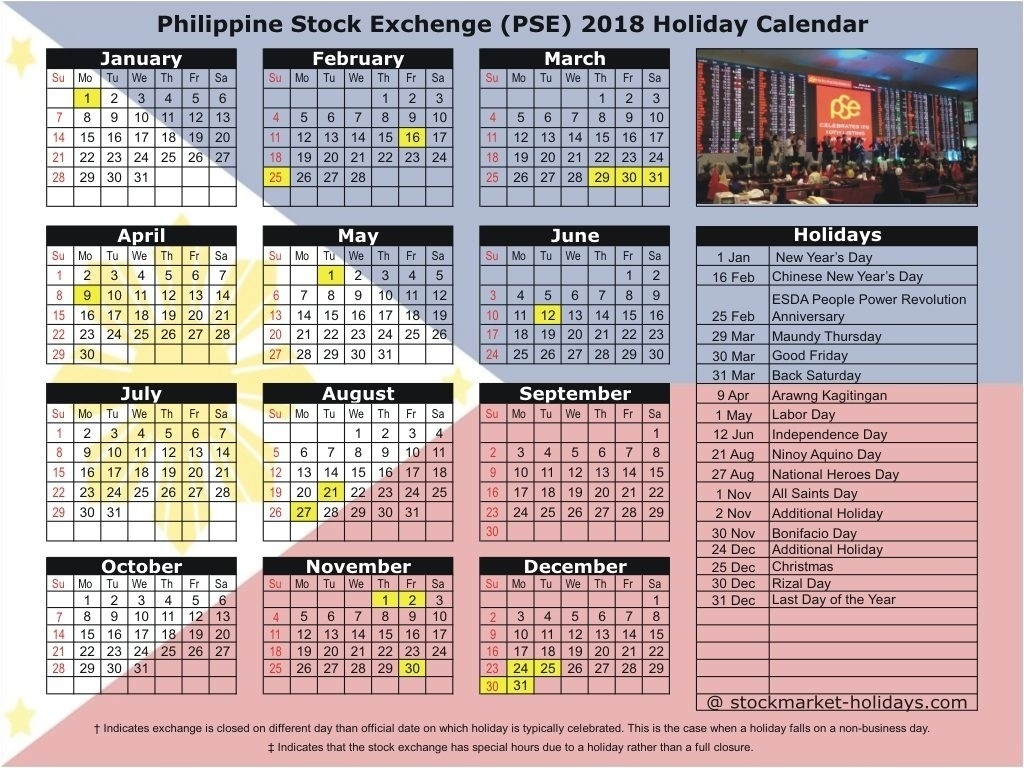Calendar of Activities 2025 Philippines: A Comprehensive Guide to the Year’s Festivities
Related Articles: Calendar of Activities 2025 Philippines: A Comprehensive Guide to the Year’s Festivities
- Marathi Calendar 2025 For The Month Of November
- Calendar 2025 Ideas For Children: Inspiring Creativity And Learning
- December 2025 Calendar Holidays UK
- 2025 School Calendar Template: A Comprehensive Guide For Educators And Parents
- 2025 USA Calendar Printable: Plan Your Year With Ease
Introduction
In this auspicious occasion, we are delighted to delve into the intriguing topic related to Calendar of Activities 2025 Philippines: A Comprehensive Guide to the Year’s Festivities. Let’s weave interesting information and offer fresh perspectives to the readers.
Table of Content
Video about Calendar of Activities 2025 Philippines: A Comprehensive Guide to the Year’s Festivities
Calendar of Activities 2025 Philippines: A Comprehensive Guide to the Year’s Festivities

The Philippines, a vibrant tapestry of cultures and traditions, is renowned for its captivating festivals and events that draw both locals and tourists alike. From religious processions to vibrant street parades, the calendar of activities in 2025 promises an array of experiences that will immerse visitors in the country’s rich heritage and infectious spirit.
January
-
New Year’s Day (January 1): Filipinos usher in the new year with grand celebrations, fireworks displays, and family gatherings.
-
Feast of the Three Kings (January 6): This religious holiday commemorates the visit of the three wise men to the infant Jesus.
-
Ati-Atihan Festival (Third Sunday of January): Held in Kalibo, Aklan, this lively festival showcases indigenous dances, colorful costumes, and a vibrant street parade.
February
-
Chinese New Year (February 12): Manila’s Chinatown transforms into a sea of red and gold as Filipinos of Chinese descent celebrate the Lunar New Year with lion dances, fireworks, and family feasts.
-
Panagbenga Festival (February 1-28): The "Flower Festival" in Baguio City features stunning floral floats, street parades, and cultural performances.
-
Sinulog Festival (Third Sunday of January): Cebu City’s grandest festival honors the Santo Niño (Child Jesus) with a procession, street dancing, and a vibrant grand parade.
March
-
Holy Week (March 29 – April 5): Filipinos observe this solemn religious period with processions, reenactments of the Passion of Christ, and pious rituals.
-
Araw ng Kagitingan (Bataan Day, April 9): This national holiday commemorates the heroic defense of Bataan during World War II.
-
Moriones Festival (Holy Week): Held in Marinduque, this unique festival features masked penitents dressed as Roman soldiers and biblical characters.
April
-
Earth Hour (March 28): Filipinos participate in this global event by switching off their lights for an hour to raise awareness about climate change.
-
Holy Thursday and Good Friday (April 2 and 3): These are the most solemn days of Holy Week, marked by processions, vigils, and religious services.
May
-
Labor Day (May 1): Filipinos celebrate the contributions of workers with parades, rallies, and special events.
-
Flores de Mayo (May 1-31): This Marian devotion involves daily processions with flowers and songs honoring the Virgin Mary.
-
Pahiyas Festival (May 15): Lucban, Quezon bursts into a riot of colors as houses are adorned with elaborate decorations made of fruits, vegetables, and flowers.
June
-
Independence Day (June 12): Filipinos celebrate their independence from Spain with parades, flag-raising ceremonies, and patriotic speeches.
-
Feast of the Sacred Heart of Jesus (June 27): This religious holiday is celebrated with processions and special masses.
-
Yolanda Memorial Day (November 8): This solemn day remembers the victims of Typhoon Yolanda (Haiyan), which devastated the Philippines in 2013.
July
-
Kadayawan Festival (August 1-10): Davao City hosts this vibrant festival that celebrates the indigenous cultures of Mindanao.
-
Feast of St. James the Greater (July 25): This religious holiday is celebrated with processions and special masses in honor of the patron saint of Spain.
-
Bangus Festival (July): Dagupan City, known as the "Bangus (Milkfish) Capital of the Philippines," hosts this festival showcasing the versatility of this local delicacy.
August
-
Feast of the Assumption of Mary (August 15): This religious holiday is celebrated with processions and special masses honoring the Virgin Mary.
-
Pasigahan Festival (August 29-31): This festival in Parañaque City features boat races, cultural performances, and a grand fluvial parade.
September
-
Feast of St. Michael the Archangel (September 29): This religious holiday is celebrated with processions and special masses honoring the patron saint of soldiers and police officers.
-
International Coastal Cleanup Day (September): Filipinos participate in this global event by cleaning up beaches and waterways.
October
-
Feast of Our Lady of the Rosary (October 7): This religious holiday is celebrated with processions and special masses honoring the Virgin Mary.
-
Halloween (October 31): Filipinos embrace the spooky spirit of Halloween with costume parties, trick-or-treating, and haunted house attractions.
November
-
All Saints’ Day (November 1): Filipinos visit cemeteries to honor their departed loved ones with prayers, flowers, and candles.
-
All Souls’ Day (November 2): This religious holiday is dedicated to praying for the souls in purgatory.
December
-
Christmas Day (December 25): Filipinos celebrate the birth of Jesus Christ with family gatherings, feasts, and midnight masses.
-
Feast of the Holy Innocents (December 28): This religious holiday commemorates the children who were killed by King Herod after the birth of Jesus.
-
New Year’s Eve (December 31): Filipinos bid farewell to the old year with fireworks displays, parties, and family gatherings.
Additional Events
In addition to the major festivals and holidays listed above, the Philippines offers a diverse range of other events and activities throughout the year:
-
Art exhibitions at museums and galleries showcase the works of renowned Filipino artists.
-
Concerts and music festivals feature both local and international performers.
-
Sporting events include professional basketball games, boxing matches, and international competitions.
-
Food festivals celebrate Filipino cuisine and offer a chance to sample local delicacies.
-
Cultural performances showcase traditional dances, music, and theater from various regions of the Philippines.
Planning Your Trip
To plan your trip around the calendar of activities 2025 Philippines, consider the following tips:
-
Book accommodations in advance, especially during peak festival seasons.
-
Purchase flights and transportation tickets early to secure the best deals.
-
Research the festivals and events you are interested in to learn about their specific dates and highlights.
-
Pack appropriate clothing for the weather conditions and activities you plan to participate in.
-
Learn a few basic Filipino phrases to enhance your interactions with locals.
Conclusion
The calendar of activities 2025 Philippines offers a kaleidoscope of experiences that will captivate visitors with their vibrant colors, infectious rhythms, and profound cultural significance. From solemn religious observances to exuberant street parades, the Philippines invites you to immerse yourself in its rich tapestry of traditions and create memories that will last a lifetime.








Closure
Thus, we hope this article has provided valuable insights into Calendar of Activities 2025 Philippines: A Comprehensive Guide to the Year’s Festivities. We appreciate your attention to our article. See you in our next article!